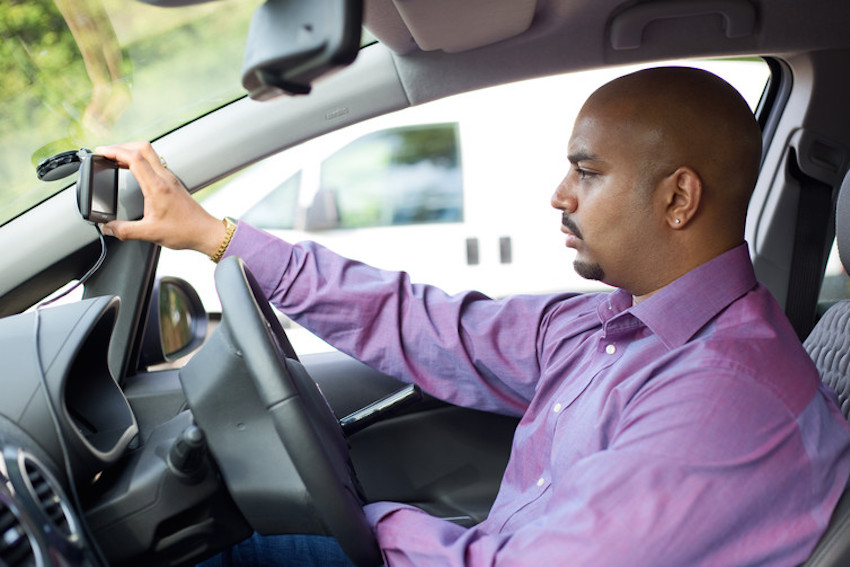It’s easy to see why motor cars are such a popular form of transport: they’re private, comfortable and convenient. But the popularity of cars can also be one of their biggest drawbacks. When there are too many of them and not enough road space, streets become congested and as a result, journey times become unpredictable, air pollution increases and we lose out on some of the economic benefits of city living.
Now, a new study suggests that the personal benefits we get from having a car could be improved by collective thinking. Researchers at MIT and Birmingham University used big data from five cities – Rio de Janeiro, Boston, San Francisco, Lisbon and Porto – to show how strategic route changes by a relatively small number of motorists could reduce the time lost to congestion by as much as 30%.
Crunching the numbers
The authors crunched massive amounts of mobile phone data to identify travel patterns during peak morning commuting times in each of these cities. They confirmed that the time lost due to congestion in each city reflects a high demand for road travel, relative to the supply of road infrastructure. They found that the density and distribution of the population played a role in congestion levels, too. No surprises here.
But by modelling this data, the authors were also able to measure the potential benefits of optimising the system as a whole. This is where it gets interesting. The researchers calculated the detrimental effects of “selfish routing” – where individuals set out to minimise their own travel time – by comparing this approach with the travel times resulting from a “socially optimal” solution.

They modelled a scenario where drivers were equipped with an app which gave them the option to take a longer route for the good of all. The authors found that overall, it only took a relatively small number of motorists to choose longer travel times, to create significant benefits for others. By giving drivers the option to take a socially optimal approach, rather than a “selfish” one, the total time lost to congestion could be reduced by between 15% and 30%.
From our partners:
One of the main problems with congestion is that it makes it difficult to accurately anticipate journey times. By giving drivers the option to pick their route with a predicted journey time, drivers who need to be at their destination at a particular time will know when to set out while drivers who are more flexible can avoid the worst congestion. It’s a “win-win” situation.
A social solution?
Even so, the actual time savings for individual motorists were found to be marginal – a few minutes at most.
The authors of the study said that “in the best case scenario, time savings would be imperceptible for the majority of the drivers”.
Rather, the optimised routing would help cities to function better as a whole.
This offers a crucial insight for urban leaders looking to grow their city’s wealth and population. The research demonstrates that there’s limited scope for road-based solutions to the issues arising from urban congestion. Routine commutes to and from work make it difficult for drivers to be flexible, even if there were some incentive to take a longer, more socially beneficial route. The authors’ proposal may work better on the road networks between cities, where trips are longer and fewer drivers are inflexible when it comes to timing.
Ultimately, city authorities should recognise that offering alternative modes of transport will do a lot more to reduce congestion than giving motorists the option to be socially responsible drivers. For instance, rail in its various forms provides speedy and reliable travel for daily commuters, as well as tackling all the economic and environmental issues caused by congestion.
This feature originally appeared in The Conversation.













